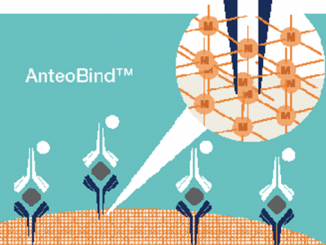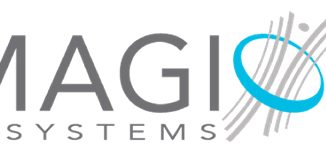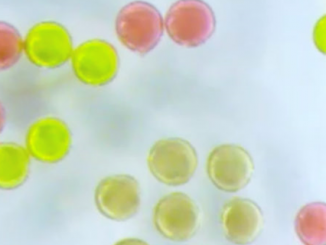Vascular Magnetics, the first start-up company spun off by The Children’s Hospital of Philadelphia, has raised $7 million to advance development of an innovative drug delivery system using magnetically targeted nanoparticles to treat peripheral artery disease.
Vascular Magnetics, based in West Philadelphia, announced that Devon Park Bioventures, of Wayne, Pa., is the sole investor in this Series A financing agreement.
“It’s exciting to see that one of our hospital’s research discoveries has attracted investors to move it toward commercial development,” said Philip R. Johnson, M.D., chief scientific officer and executive vice president, The Children’s Hospital of Philadelphia. “This work can have multiple benefits—directly to patients receiving a new treatment, and also to children whose lives will be improved by future research supported by revenue generated by this technology.”
Vascular Magnetics was co-founded in 2010 by Robert J. Levy, M.D., William Rashkind Endowed Chair of Pediatric Cardiology at The Children’s Hospital of Philadelphia, and Richard S. Woodward, Ph.D. Levy, whose extensive laboratory research forms the basis of the proprietary drug delivery system, is the firm’s founding scientist. Woodward, who has a business background in nanotechnology and polymeric coatings, is the company’s president and chief operating officer.
The drug delivery system at the heart of the company’s work is called vascular magnetic intervention. The system combines biodegradable, magnetic drug-loaded particles with a magnetic targeting catheter and a device that creates a uniform magnetic field. The system, which Levy has tested in animals, guides the particles to the walls of arteries narrowed by peripheral artery disease. At the disease site, the particles remain in place, slowly biodegrading and releasing the drug paclitaxel, which prevents re-obstruction of the artery.
The technology could fill an important unmet need in treating peripheral artery disease (PAD), in which blocked arteries, primarily in the legs, exact a heavy toll in some 30 million older adults in North America and Europe. Diabetes patients and smokers are particularly affected by this painful, debilitating condition, responsible for the majority of amputations performed in this country. Drug-eluting stents, currently used in heart disease, are less effective in PAD. Levy said that magnetic intervention could deliver more effective doses of drugs than the standard drug-eluting stents, and could be used to re-administer drugs as needed.
As a new platform technology, Levy added, vascular magnetic intervention could also be adapted to delivering other agents, such as therapeutic genes or cells, and has potential utility in treating heart conditions in children. In the near future, Vascular Magnetics will complete preclinical development of its technology, with plans to begin its first clinical trial in 2014, in adult patients.



